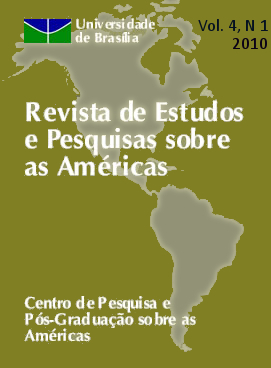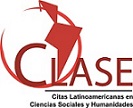A “BRIC”-variety of capitalism and social inequality: The case of Brazil
Resumo
The focus of this contribution is on the mode of capitalism within the industrialized sectors of “emerging markets”. Particularly in the context of the rise of the BRIC (Brazil, Russia, India and China) this question has gained considerable importance, also for the development of the world economy as a whole. The core question is whether the type of capitalism within these economies is similar to the capitalist variety of the triad, or diverges in more or less permanent ways. The article gives a preliminary answer to this question, by developing a rough sketch of a “BRIC” model of capitalism and illustrating this model with the case of Brazil. In terms of theory, the article extends the Comparative Capitalism (CC) perspective to the BRICs. On the one side, the focus is on the classical questions of CC, i.e. the determinants of economic development and the differences to other types of capitalism, on the other side the relationship between these varieties and social inequality. It argues that the “state-permeated market economies” of the BRICs rely on clans as a mode of social coordination. As demonstrated by the case of Brazil, this type of capitalism can be quite successful, but is based on a highly unequal distribution of economic and political resources.
Downloads
Downloads
Publicado
Como Citar
Edição
Seção
Licença
a. Autores mantém os direitos autorais e concedem à revista o direito de primeira publicação, com o trabalho simultaneamente licenciado sob a Licença Creative Commons Attribution que permite o compartilhamento do trabalho com reconhecimento da autoria e publicação inicial nesta revista.
b. Autores têm autorização para assumir contratos adicionais separadamente, para distribuição não-exclusiva da versão do trabalho publicada nesta revista (ex.: publicar em repositório institucional ou como capítulo de livro), com reconhecimento de autoria e publicação inicial nesta revista.
c. Autores têm permissão e são estimulados a publicar e distribuir seu trabalho online (ex.: em repositórios institucionais ou na sua página pessoal) visando aumentar o impacto e a citação do trabalho publicado (Veja O Efeito do Acesso Livre).
d. Ao ter seu trabalho aprovado e publicado, o autor compromete-se a colaborar com os processos de avaliação de outros trabalhos, em conformidade com sua disponibilidade e área de atuação.
















